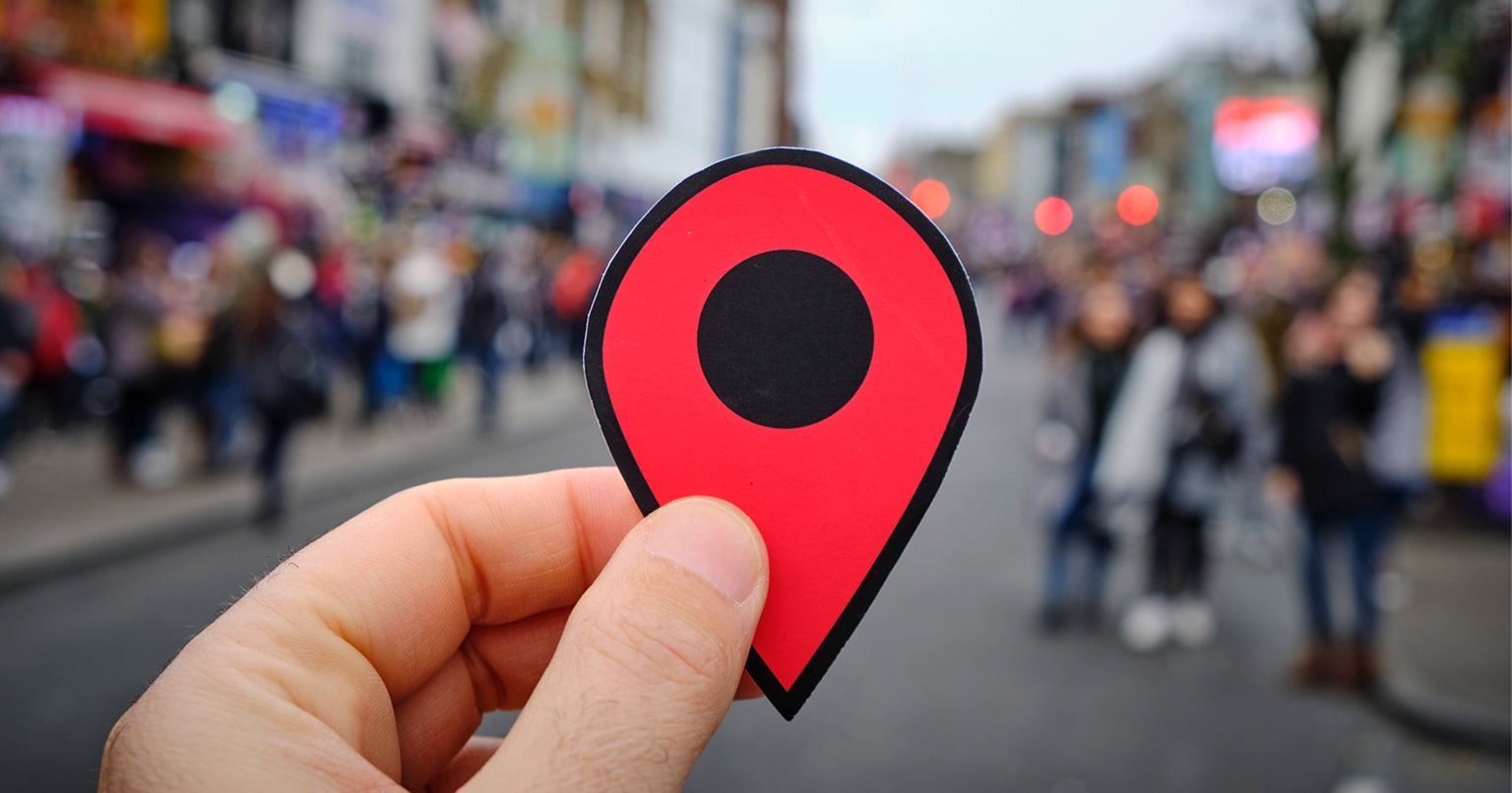
What is culture shock?
Culture shock, meaning that uneasiness you feel in a new country—or even a new office, school, or community—is completely normal. It is part of your adjustment phase, and it hits people in different ways.
To prepare you for your time abroad, or if you are already coping with culture shock, it is important to know its phases so you can come up with a healthy response to each stage’s challenges as they come along.
The stages of culture shock

If you’re on your way to a new environment or are already there, be aware of the following stages of culture shock:
- The honeymoon stage – You are excited to embark on a new adventure and explore different cultures; everything is exhilarating because many of your experiences are happening for the first time
- The frustration stage – Also known as the rejection stage, this is the part of culture shock where you realize that the cultural norms of your new country are different from those at home; you feel tired of having to adjust all the time, and you start to feel homesick
- The adaptation stage – You realize that adjusting takes time and so must you; you begin to get used to the culture of your new environment
- The acceptance or recovery stage – This is the time for personal growth; you understand how things are done in your new country and you even begin to practice some of your new environment’s norms and beliefs
If adjusting to a new environment or country seems scary, try thinking of culture shock as a relationship; only this time, this relationship is with yourself. And like any relationship, there are times of highs and lows as you figure things out before finding a happy middle ground.
Symptoms of culture shock

People’s responses to new environments vary, but according to Fitfortravel, there are some common triggers that could factor into culture shock. These include:
- Jet lag – You may have moved from one time zone to another and had to start work in a short span of time; this could be tiring
- Different surroundings – You may not be used to the food, language, and environment; this adjustment requires more of your energy
- No support system – You may have left your loved ones or close friends back home; thus, you feel alone in your new country
- No comfort zone – The places and things that once brought you comfort are now far away, and you must find new ways to feel comfortable in your new environment
Different people also have different ways of adjusting to a new country; however, there are some feelings you should look out for during the early stages of immigration:
- Homesickness – You miss and want to go back home
- Loneliness – You feel as if there aren’t many people who can understand or support you
- Irritability – The differences in culture and the constant need to adjust to your new country frustrate you
- Anxiety – You are stressed out or worried during your adjustment phase
- Depression – You feel low or sad for longer than usual
- Lethargy – You lack the energy you had back home
While tired and sad feelings are part of culture shock, you don’t have to bear with it alone. Remember: It is not a sign of weakness to reach out and ask for help when adjusting to a new country becomes too much.
Culture shock examples

Comedienne Jacque “Jinky” Oda took a while before deciding to leave her acting career in the Philippines and join her son in the United States. She admitted that in her first year in America, she experienced culture shock.
“There was no one to talk to. I felt like I could only talk to my actual friends by appointment,” she said in a YouTube interview with fellow actresses LJ Moreno-Alapag and Rufa Mae Quinto-Magallanes, both of whom have also moved to the U.S.
To adjust to her new home, Oda had to accept that her life was now in America. “Walang ibang makakagawa ng solusyon [sa culture shock] kung hindi ikaw na lang din. So kailangan kong i-adapt ‘yung culture. This is it.” (“No one else can make a solution [to culture shock] except yourself. So I needed to adapt to the culture. This is it.”)
From her career in Filipino showbiz, Oda shifted careers in the States and became a caregiver before settling into her job as a security guard.
Meanwhile in Thailand, teacher Marco-Miluel Lag-ey experienced sadness, anxiety, and panic attacks, briefly turning to alcohol to cope.
In his opinion piece for news site Rappler, he cited triggers that may cause distress in fellow overseas Filipino workers (OFWs), including:
- Unfamiliarity with the environment, food, housing, and culture
- Risk of discrimination and abuse
- Work stress
- Isolation
Lag-ey sought medical help and consulted with Alcoholics Anonymous, but what helped him most was a finding mental health support group of fellow Filipinos from Northern Luzon called Keep Going Baguio Mental Health Warriors on Facebook.
Soon after, he worked on his recovery and became a mental health advocate.
“There will always be days when my negative thoughts seem to be winning, and during those situations, I always tell myself that I have a purpose as an OFW, which is to try my best to reach out to migrant workers in distress,” said Lag-ey. “I will try my best to educate, listen, and yakap (embrace) my kababayans (compatriots).”
Depression and culture shock

While feeling sad or lonely because of culture shock is normal, some people may be susceptible to depression.
Psychologists interviewed by Rappler noted that OFWs were more prone to depression compared to their compatriots in the Philippines, because of a lack of support in their host country. In other words, they are out of their comfort zones and far away from friends and family. Culture shock may also be a stressor, as well as issues with work, family, personal matters, and money.
According to the Mayo Clinic Health System, depression is different from sadness and may show the following signs:
- Negative thoughts that don’t seem to stop
- Hopeless, sad, empty, or tearful feelings
- Fatigue
- A drop in self-esteem
- Thoughts of death
- Isolating oneself
- Loss of interest in things/activities you love
- Difficulty sleeping or sleeping too much
- Difficulty concentrating, making decisions, remembering
While we may feel down sometimes, it is a cause for concern if these low and negative feelings continue to affect your work and daily life. Thus, if you or anyone you know are experiencing these symptoms, there is no shame in asking for help.
Coping with culture shock

To aid in your adjustment phase, we’ve also listed down small tasks you can do to help you deal with culture shock:
- Research about your new country – It helps to know about your new surroundings instead of always being surprised by the differences in culture
- Listen and observe without bias – Try to take the discomfort as it comes and see it at face value instead of comparing how things would have been done back home
- Find small pleasures – Even if you are undergoing culture shock, there may be small activities that make you happy, like going for a walk in the park, trying a new dish, or cooking your favourite Filipino food
- Take care of yourself – As you work on overcoming culture shock, make sure you exercise, eat healthy food, and get enough sleep
- Reach out to others – It may be tempting to wallow in your homesickness, but try to talk both with people who have grown up in your new country and with people who have gone through culture shock like you
- Keep a journal – Write down your fears, insights, and milestones; eventually, you will see how much you’ve grown
Remember that adjusting to a new country takes time; culture shock is normal, so be patient with yourself.
Apart from small acts of self-care, you can also find these fellow Filipinos for a much-needed taste of home:
- European Network of Filipino Diaspora (ENFiD) – Spread out across 17 European countries, including the United Kingdom, Germany, France, and Norway, ENFiD offers leadership training, raises funds for causes in the Philippines, and organizes volunteer work
- Filipino Community Centre – Located in San Francisco, this support group assists Filipinos with their employment journey, immigration questions, and legal concerns; they also organize leadership training for young Filipinos
- Kalayaan Community Centre – This non-profit group celebrates Filipino history and culture in Mississauga, Ontario, Canada
For a directory of even more Filipino support groups, you can click on each link below or speak with your nearest Philippine embassy:
For government support, visit these sites:
- OFW Help – An online emergency page for OFWs in distress
- Overseas Workers Welfare Administration – Offers ongoing training and support for OFWs
Remember your dreams

Culture shock is tough, but as you adjust, remember that you are working towards your dreams.
To learn how you can safely support your family while working abroad, check out Kabayan Remit here.
If you or anyone you know is experiencing thoughts of suicide, contact the Philippine Mental Health Association at +63 917 565 2036 or visit their Facebook page here.
